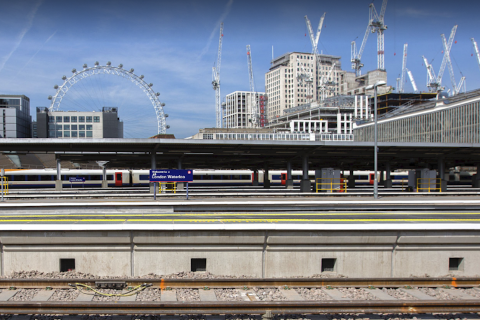England’s blanket ticket office closures met with widespread anger

Passenger train operators have proposed widespread closures to the majority of rail station ticket offices in England. Even in the age of online booking and smart cards, ticket offices remain at many main line stations, and the public are up in arms, even if the majority prefer to use their iPhones, rather than face the station master eye to eye. Unions say it’s yet another attack on loyal railway employees. The government says the railway has to modernise if it is to survive.
Want to read more?
You have read all of your free premium articles for this month. Please become a subscriber to keep reading.
Subscribe now!
Take advantage of our exclusive offer to get full access to all premium content.




